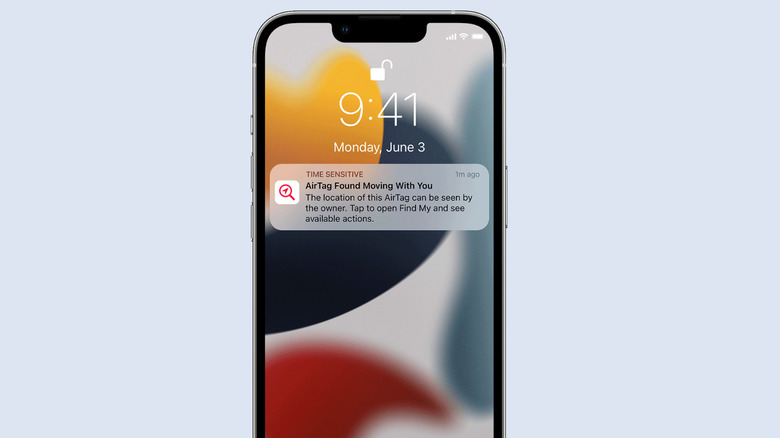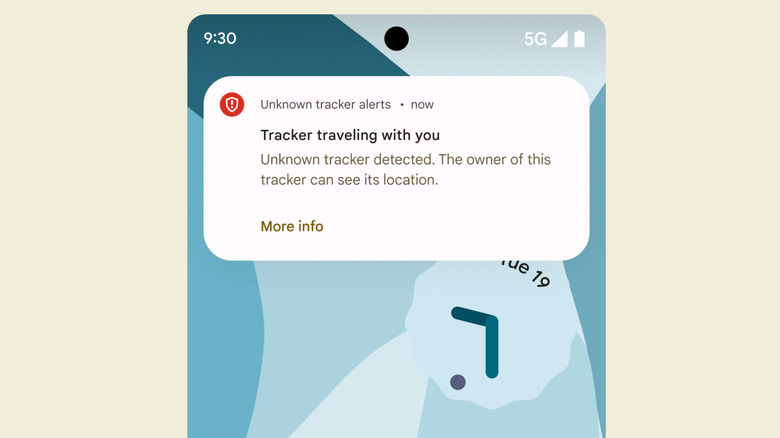iPhone And Android Finally Get Anti-Stalking Alerts For Most Bluetooth Trackers
It didn't take following the launch of AirTags for reports of abusive usage to surface online. The most obvious was stalking, but experts also flagged how they are being used for car thefts. To assuage the concerns, Apple made a few changes such as enhancing the sound alert system, adding support for Precision Finding, and putting an unwanted tracker warning system in place. But that didn't really close the gap, as AirTags are not the only Bluetooth-based trackers out there, which means a bad actor could use something like a Tile or Chipolo chip to stalk a victim, irrespective of whether they are carrying an Android or Apple smartphone in their pocket.
With iOS 17.5 update, which has started rolling out starting today, that flaw is finally getting fixed. The update introduces a feature called "Cross-Platform Tracking Detection" that would not only detect an unknown AirTag around users, but also Bluetooth-based trackers from other brands, as well. According to the changelog, the warning system will kick into action "if a compatible Bluetooth tracker they do not own is moving with them, regardless of what operating system the device is paired with." For iPhones, the baseline has been set at devices running iOS 17.5 that is now rolling out, while Android phones running Android 6.0 (or a later version) are qualified.
How the alert system works
The latest feature was developed as part of the "Detecting Unwanted Location Trackers" standard protocol, a joint effort between Apple and Google. Based on the Bluetooth LE (Low Energy) protocol, the warning system will send a "[Item] Found Moving With You" alert if the phone detects pings coming from an unknown Bluetooth-based device moving with users, or if a device has been in the vicinity for a while. On iPhones, users can see the identifier details of the spy tracker, followed by instructions on how to disable it for good.
In addition to Apple's AirTags, other brands that make Bluetooth trackers such as Chipolo, eufy, Jio, Motorola, and Pebblebee have also committed to support the safety standard with their tracking hardware. The standardization efforts come courtesy of the Internet Engineering Task Force (IETF), which now lists the Detecting Unwanted Location Trackers system under Active Internet-Draft label.
Notably, this is not the end of the efforts, as Bluetooth technology is just one of the many formats in which tracking devices are available, and as such, the abuse potential is still very much real. Thankfully, the IETF, alongside Google and Apple, is working on it. "It also describes an alert protocol for non-Bluetooth trackers including those that use GPS, Wi-Fi, cellular location, and so on," notes the Electronic Frontier Foundation citing the DULT specifications draft.

